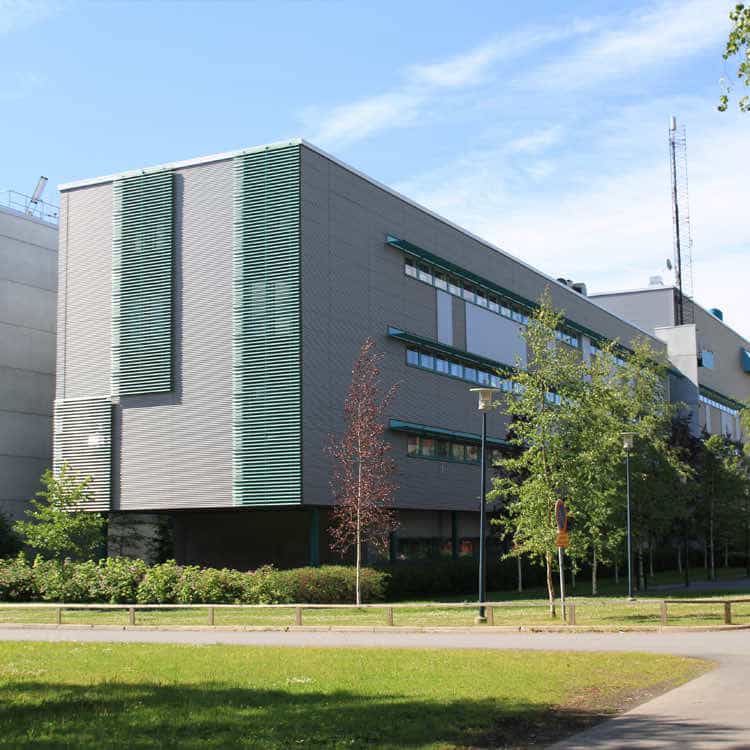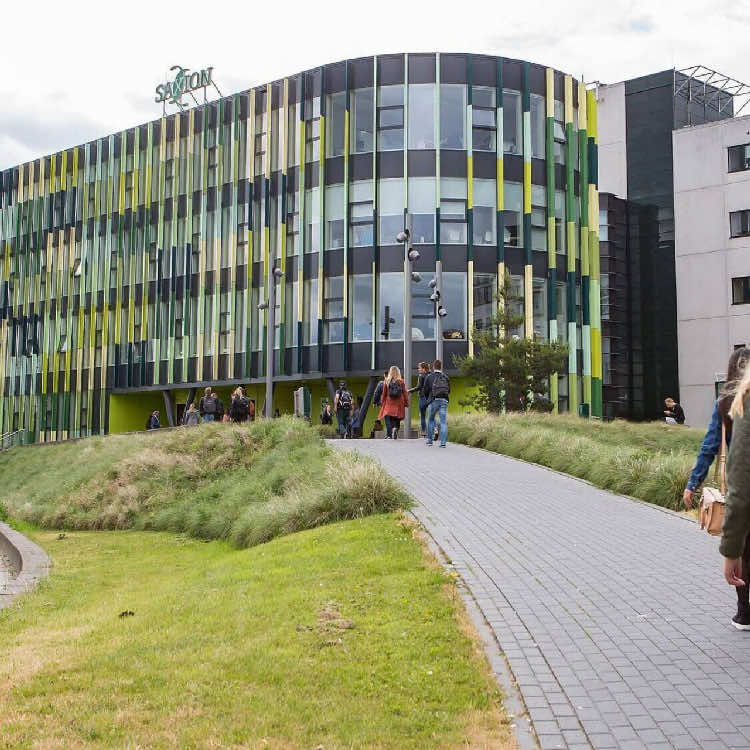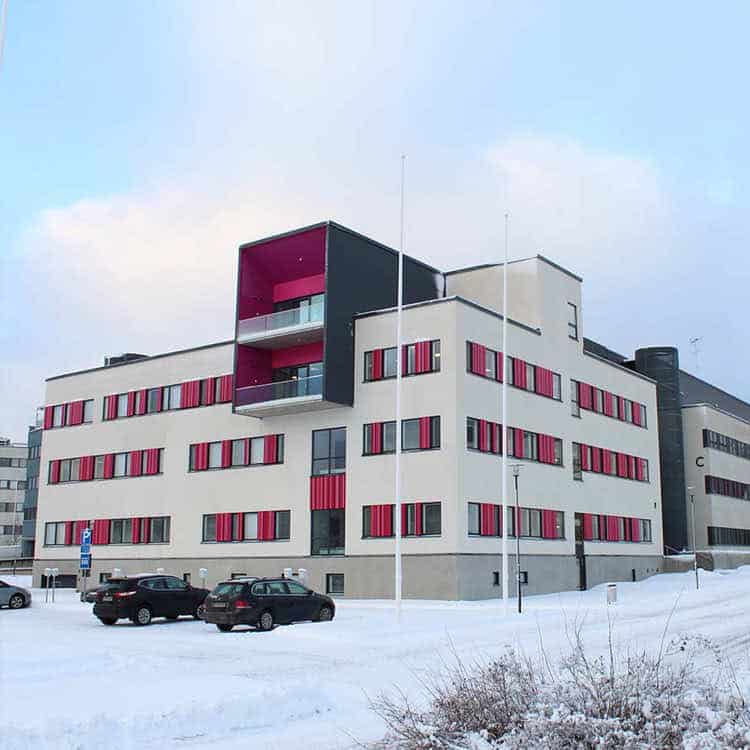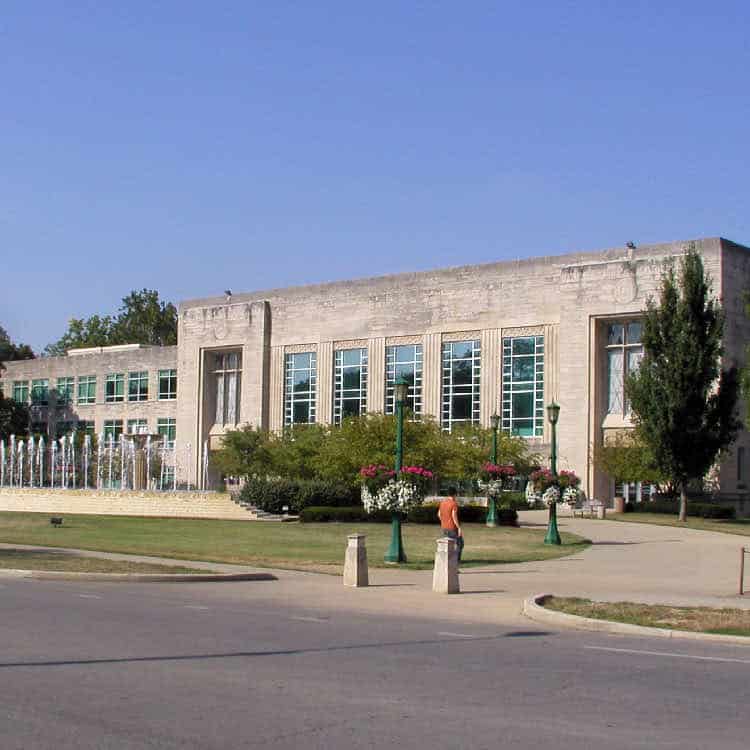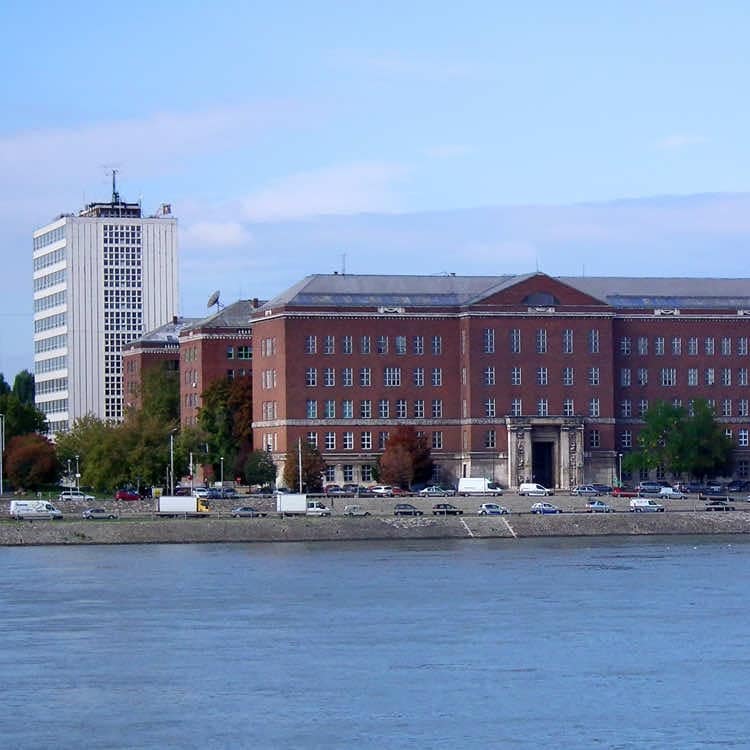All Electrical Engineering
Engineers of all kinds have a tendency to think of themselves as the backbone of the modern world and economy. In the case of electrical engineers, who concern themselves with all facets of the generation, transmission, and use of electrical power, this is at least somewhat justified – not a lot of stuff would work without their efforts.Electrical engineers may be involved in the design and maintenance of a hydroelectric dam, a ship’s electrical system, or a toaster. In each case, their role is to apply their extensive knowledge of mathematics, the sciences, industry, modern manufacturing techniques, and good judgment to create the most effective and economical solutions possible.The first few semesters of an electrical engineering degree, like other engineering degrees, are devoted to calculus and other mathematics, physics, chemistry, material science, and other applied sciences. Job-specific training and practical projects begin in later years. There is considerable overlap between the curricula of electronic and electrical engineering courses, with electronic engineers specializing more in communications, digital systems, and signal processing.All talented engineers are inquisitive and like to take things apart to find out how they work (or at least read about technical subjects). As their decisions regarding projects large and small can have major consequences, conscientious and responsible individuals are more likely to be promoted as they gain experience.



